Lessons from the "Miracle on the Han River"
In the early 1960s, South Korea was one of the poorest countries in the world. Its economy was only worth $4 billion, and its per capita income was less than $100. However, after just one generation, South Korea has "grown up" to become one of the most developed economies in Asia and the world. By 2023, South Korea had become the 12th largest economy in the world with a GDP per capita of $33,147, 330 times higher than 60 years ago.
General Secretary To Lam talks with typical business delegates
Photo: VNA
People call the success story of this East Asian country the "Miracle on the Han River". However, there is no magic wand behind this miracle. The outstanding success of South Korea is due to a generation of great leaders with a far-sighted, broad and wise vision of the role of science, technology as well as domestic private enterprises (chaebol) in national development. The core of which is the Government's creative support and companionship for enterprises; putting enterprises and people at the center of all policies.
Chaebols such as Samsung and Hyundai received preferential loans and export tax exemptions, with investments accounting for 70 percent of total industrial investment. The government's support of domestic private corporations laid the foundation for the rise of domestic technology in Korea over the decades since 1970.
Even small businesses are growing at a dizzying pace, accounting for 99% of all businesses and 88% of jobs in Korea by 2023 thanks to the Government's preferential policies and administrative reforms... Korea's success demonstrates the power to create breakthroughs in development of a service-oriented, creative state instead of a state that focuses on management and control.
Building a service-oriented administration
In his speech before the National Assembly at the 8th session of the 15th National Assembly in late 2024, General Secretary To Lam affirmed that among the "bottlenecks" in terms of institutions, infrastructure and human resources, institutions are "the bottleneck of bottlenecks". In many subsequent statements, the General Secretary requested the completion of institutions and legal frameworks to make development breakthroughs when "everywhere we touch, every field is difficult due to our own regulations".
General Secretary To Lam met with a delegation of outstanding businessmen on the occasion of the 20th anniversary of Vietnamese Entrepreneurs' Day (October 13, 2004 - October 13, 2024)
Photo: VNA
In particular, the General Secretary requested to resolutely abandon the mindset of "if you can't manage it, then ban it", strongly reform administration, remove obstacles and bottlenecks, and create a favorable environment to unleash all resources for breakthrough development. This is considered the key for the country to enter a new era, an era of national growth.
Along with scientific and technological breakthroughs, innovation and national digital transformation, in the article Private economic development - Leverage for a prosperous Vietnam , General Secretary To Lam said that the private economic sector has recently been held back by many bottlenecks due to the inadequacies of the institutional system and economic policies and the business environment. The General Secretary requested the urgent completion of the market economic institution to clearly define the role of the State in the economy, accordingly, the State focuses on macro-regulation, creating a favorable business environment, ensuring the effective operation of the market mechanism, and ensuring social justice.
In particular, the General Secretary emphasized the need for institutional reform and creating an administrative system that "serves businesses - serves the country".
"It is necessary to drastically reform institutions on the basis of innovative thinking in strongly reforming the administrative system towards serving people and businesses; being decisive in cutting administrative procedures and business conditions, accelerating the digitalization process and applying technology in state management to reduce time, compliance costs, and unofficial costs...", the General Secretary stated.
Towards the era of growth
The transition from a "managerial" State to a "service" State is not only an urgent requirement but also a key factor helping Vietnam take advantage of development opportunities in the current context of globalization and international integration. Once the State has appropriate institutions, correct policies and a favorable business environment, the private economy will have a breakthrough development.
General Secretary To Lam met with a delegation of outstanding businessmen on the occasion of the 20th anniversary of Vietnamese Entrepreneurs' Day (October 13, 2004 - October 13, 2024)
Photo: VNA
In fact, by 2024, the total capital mobilized from society will reach 15 million billion VND, but putting this resource into production still requires more effective "service" policies. In addition, according to a report by the Vietnam Federation of Commerce and Industry (VCCI) last year, administrative procedures still account for 30% of informal business costs... Therefore, simplifying processes and listening to businesses and people is the only way for the State to shift from the role of "manager and controller" to "companion and creator".
At a working session with the Central Policy and Strategy Committee at the end of February, General Secretary To Lam once again emphasized the importance of administrative procedure reform and reducing business costs to improve the investment environment and promote economic growth.
The General Secretary set a target of cutting at least 30% of the time for processing administrative procedures, helping businesses and people reduce administrative burdens, creating more favorable conditions for business and investment activities. At the same time, reducing at least 30% of business costs, including regulatory compliance costs and informal costs, thereby improving competitiveness and operational efficiency.
In addition, eliminating at least 30% of unnecessary business conditions is also a key task set by General Secretary To Lam to remove unnecessary barriers and create a more open business environment. The General Secretary also set a goal of bringing Vietnam's investment environment into the top 3 of ASEAN within the next 2-3 years, demonstrating the determination to improve the country's competitive position...
Along with administrative reform, investment and business environment, General Secretary To Lam also repeatedly emphasized the need to maximize development resources for the private economy, creating opportunities for the private economy to effectively access important resources such as capital, land, human resources, technology. Promoting the private economy to integrate more deeply into the global economy, enhancing Vietnam's economic position in the international arena, protecting businesses from economic risks...
A state with a service mindset will promote the development of the private sector, create momentum for economic growth and improve people's lives. From there, it will create an unprecedented breakthrough, a great resource for the country's development. At that time, the era of the Vietnamese people's rise will be a completely possible "miracle".
Thanhnien.vn
Source: https://thanhnien.vn/tu-nha-nuoc-quan-ly-toi-nha-nuoc-phuc-vu-185250429145718317.htm


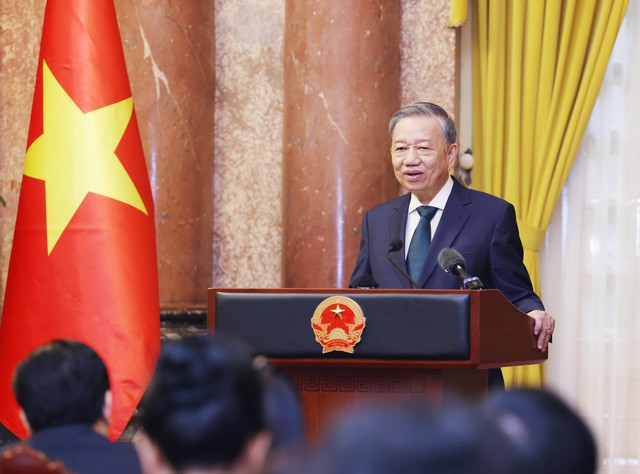
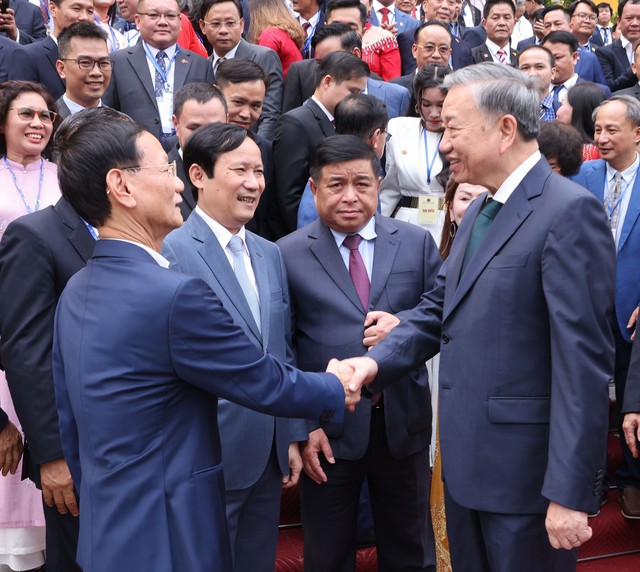
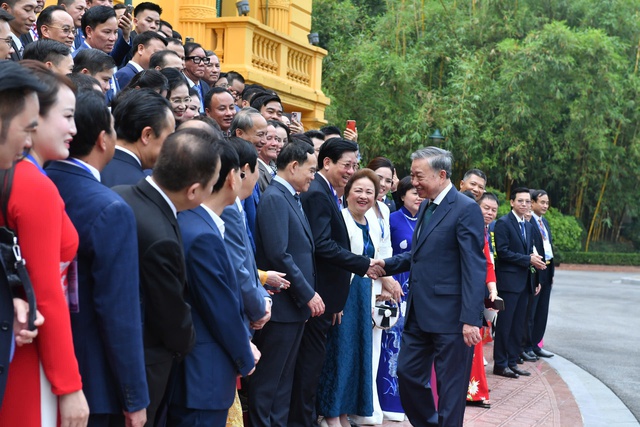
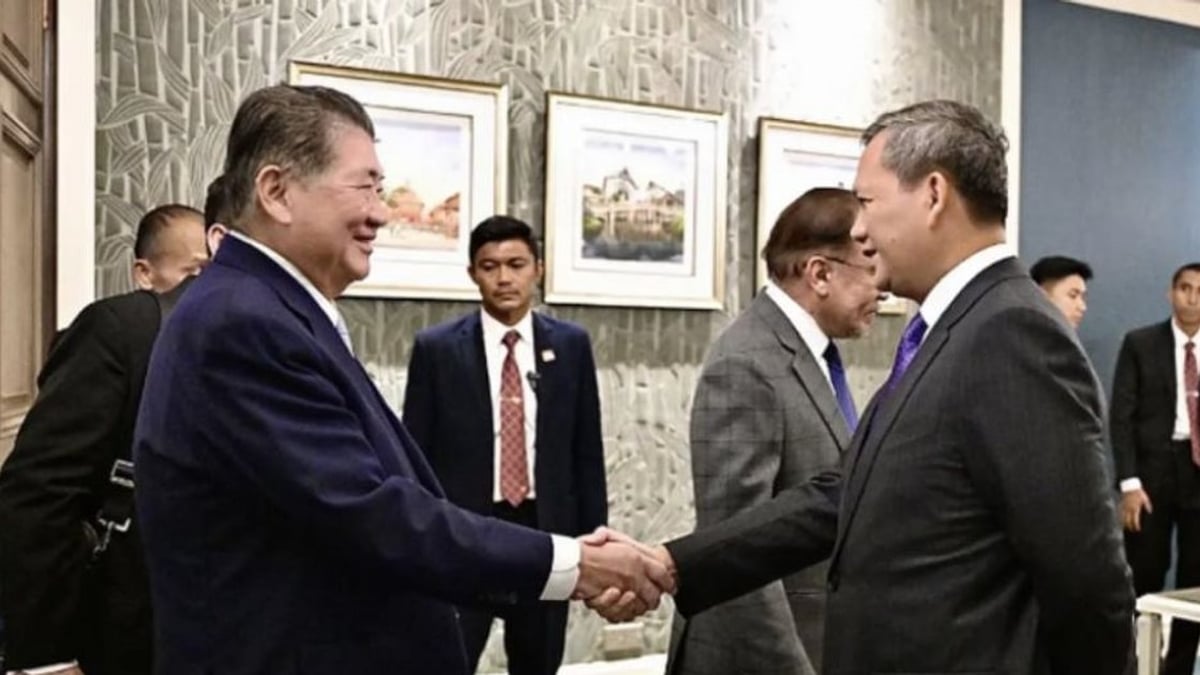



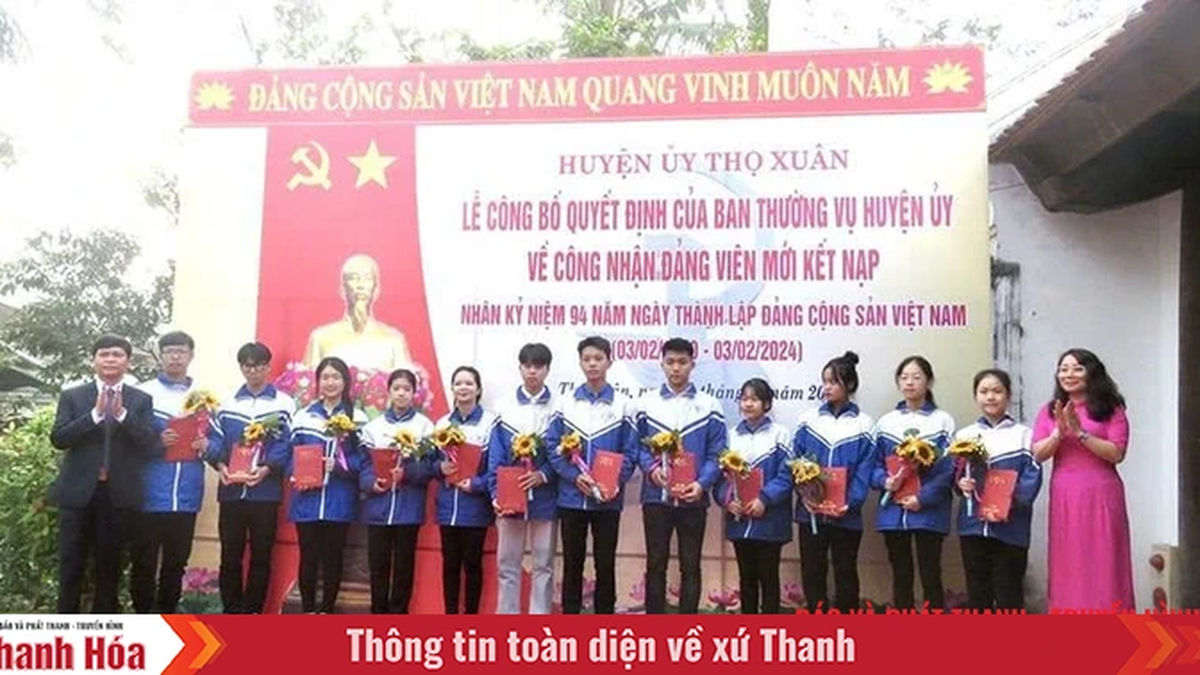




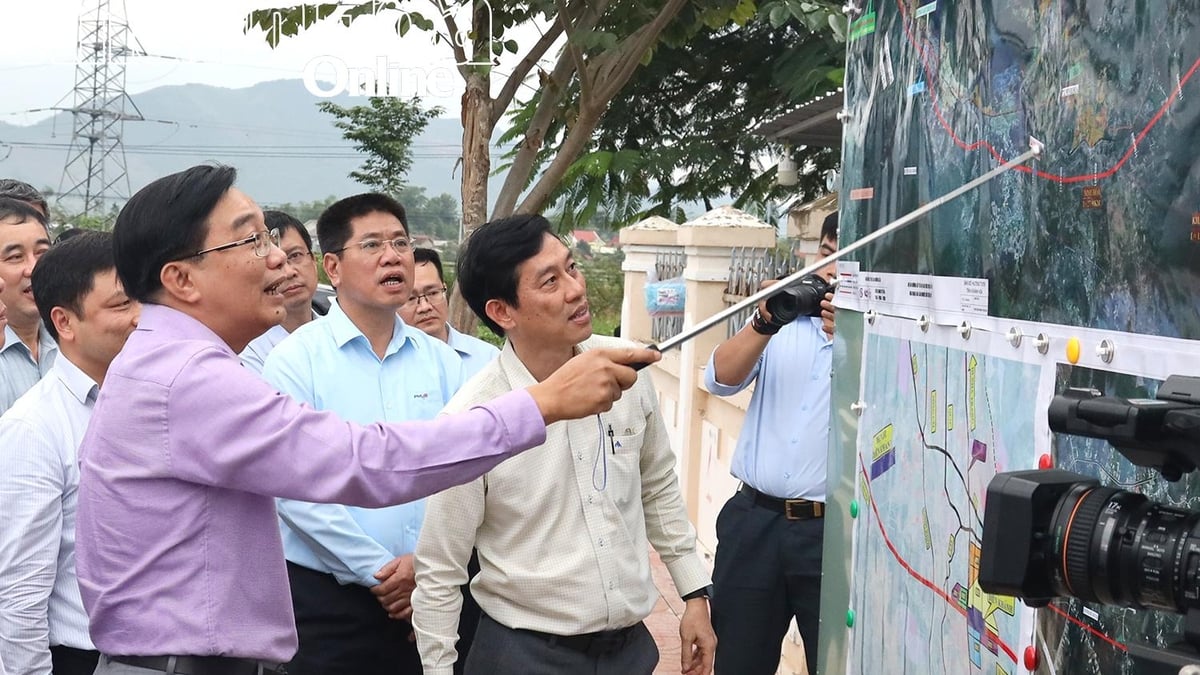
















![[Photo] National Assembly Chairman attends the seminar "Building and operating an international financial center and recommendations for Vietnam"](https://vphoto.vietnam.vn/thumb/1200x675/vietnam/resource/IMAGE/2025/7/28/76393436936e457db31ec84433289f72)







































































Comment (0)